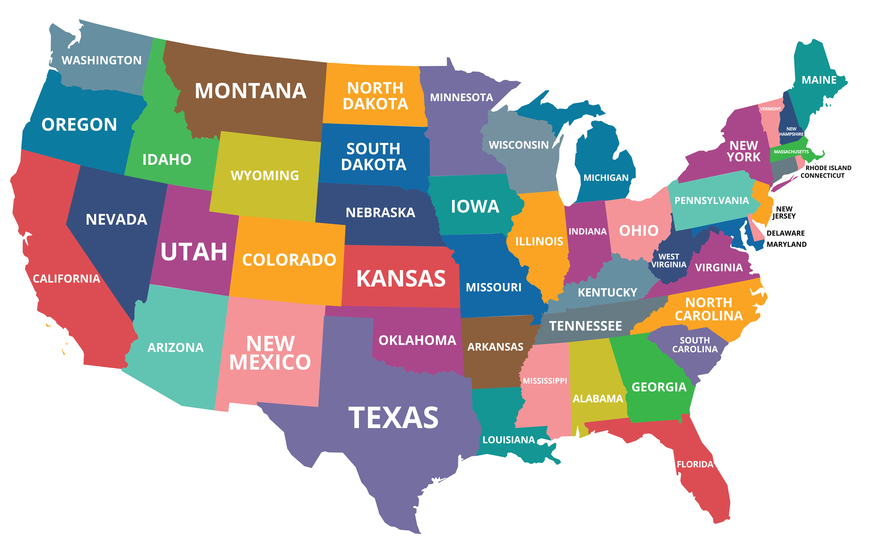
To Pay or Not to Pay – Compensating Nonprofit Founders
Many founders feel guilty accepting reasonable compensation from the nonprofit they have nurtured but if they continue to forgo a reasonable salary, they risk erecting a house of cards that will fall apart as soon as they burn out.









